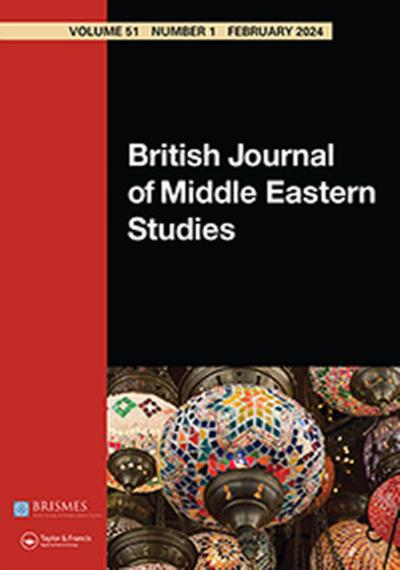Social development and industry level foreign direct investment
Investment is crucial for economic development. A number of empirical studies document a relationship between social development and aggregate foreign direct investment (FDI). This study complements aggregate studies by conducting an econometric analysis of the relationship between social development variables and FDI flows at the industry level. We find that democratic accountability has a negative association with FDI in the secondary industries, but a positive one in the tertiary ones. This result suggests a more nuanced relationship between democracy and FDI than indicated by aggregate studies. Law and order is found conducive to investment in both the secondary and tertiary industries. Internal conflict deters investment in the secondary sector. Neither law and order nor internal conflict affect FDI in the primary industries, which might reflect an ability to effect private security arrangements in the extractive industries. Corruption increases FDI flows in the tertiary sector, but is unimportant elsewhere. This relationship can be traced to the trade industry, possibly reflecting the frequency with which this industry encounters bureaucratic obstacles. Finally, increased ethnic tensions are associated with greater FDI flows. However, we find evidence of a causal relationship in the secondary industries only. Moreover, the relationship depends on the inclusion of certain countries in the sample.





